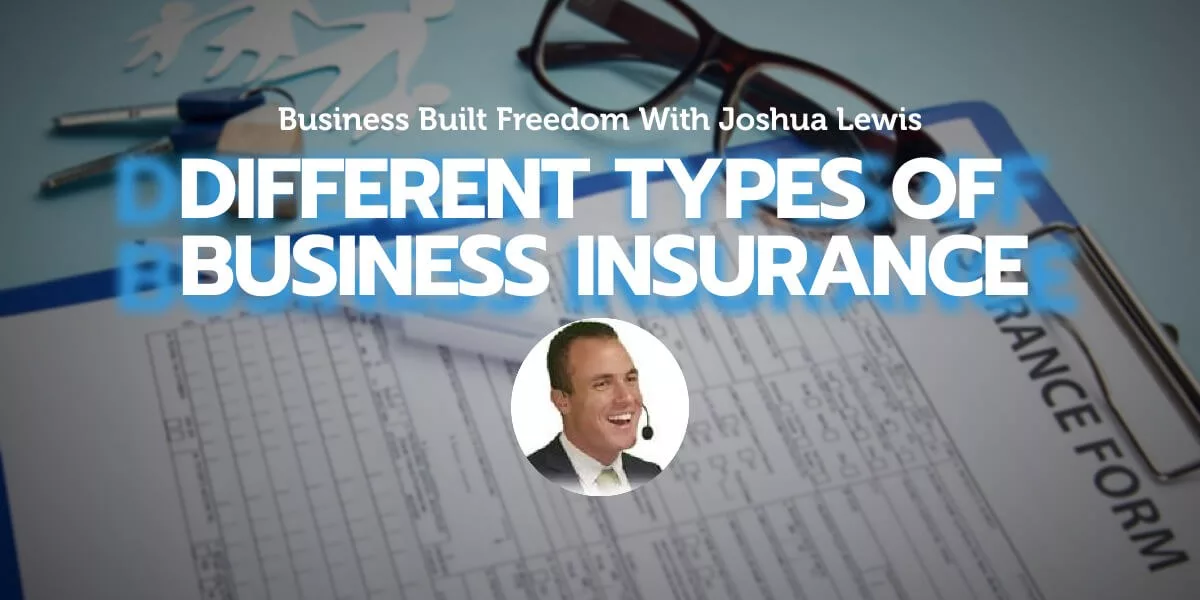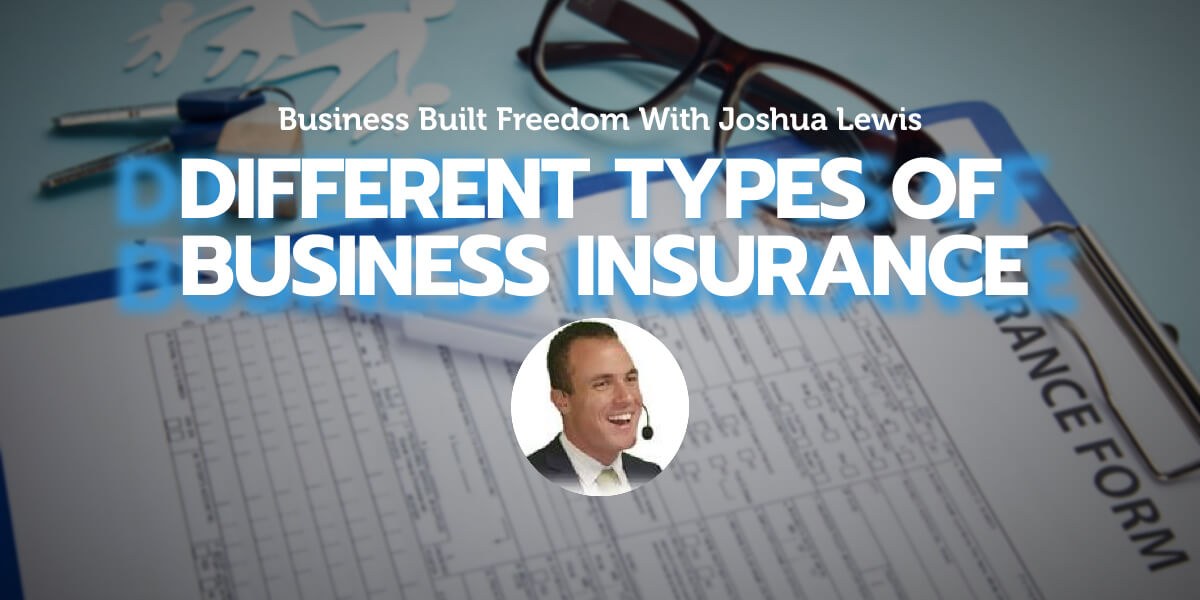There’s a nasty thing that no one likes to pay, but everyone has to have: insurance. You have to have it for your cars, your house, and your business. Bust what sort of business insurance is important? What should you have and what shouldn’t you have? What is over the top and what is not?
Different Types of Insurance
The short answer is the business insurance you need all depends on the type of business that you’re running. We deal with a lot of industries, and for us, we have different types of insurance.
Professional Indemnity
If you provide professional services or advice for a fee in a professional capacity, you need to have professional indemnity.
The amount that you’d need is all dependent upon your industry. The coverage is normally $10 million to $30 million or even higher.
As a professional, you have a responsibility to your clients to provide quality service. But in an unfortunate case that one of your clients makes a claim against you for negligence or error, professional indemnity helps your business and covers expenses like legal fees that you may face.
Key Person
If you own a small business, I think a key person insurance is absolutely invaluable. It’s highly recommended for very small businesses, such as when you own a small business and you bring on an extra staff member and they start doing the voodoo that you’re doing while while you work on and grow your business. Your key person starts learning everything and you teach them everything, and then later, you start sticking back, changing the roles that you’re doing because your key person is doing the things that you used to be doing.
The key person insurance helps protect your business from financial losses that would arise from the death or extended incapacity of a key person in your business. It’s a must-have for your business if you know that if someone left, it’s going to be an incredibly hard task for you to take on their work again.
Learn More About Asset Protection
Service Level Agreements
There are other insurances that you should be looking at such as uptime continuity, insurance and equipment insurance and things like that so that if there is downtime in your business, you can rely on that. However, sometimes it’s not all about the insurance.
If you have service level agreements (SLA) set up with your suppliers of mission-critical infrastructure, you might be okay. Telstra and other big companies offer these SLAs for some of their business-based Internet plans to make sure that you’re able to have guaranteed uptime. This also goes for a lot of cloud service providers such as Xero.
Check out our Continuity Plan! It’s guaranteed uptime or your money back.
Make Sure You’re Using the Products You Need
Make sure you’re using the products that you need. If you’re running an online business and you are heavily relying upon your website, you need to make sure you’re going with a fantastic web host, which has something what’s called the five nines, that is, uptime 99.999% of the time.
If you get the four nines, it’s still quite good, but you just have more of a chance for it to go down. If it’s just up 99% of the time, that means it can be down one in every hundred days. It doesn’t sound very good all of a sudden.
You’d want to make sure that at the top point of all of the primary elements of your business, there is zero to very little downtime and high-level service level agreements that are giving you what you need.
Does Your Hosting Provider Suck? How to Find a Good One?
Are You Over-Insured?
The best way to work out if you have over-insured yourself is to think about the potential of downtime, how much the insurance is costing and how much it would cost if your business didn’t have that facility.
What We Have
At Dorks Delivered, we’ve got different insurances. If there was to be a flood, fire, theft or a big, catastrophic event in Melbourne, Brisbane or Sydney, we’ve got insurances to make sure that any of the server infrastructure that we have is covered and we’ll be subsidised for whatever our income was at that stage, as we build it back up and we bring our clients back.
The Final Word
There’s all sorts of insurances for all sorts of things, and it honestly comes down to what it’s worth for you. If you’re running a mum-and-dad shop from your garage and if your website goes down, it doesn’t matter a whole bunch and you probably don’t want to get website insurance. But if you’re in a position where you have $10,000 every two hours coming in through your website and there is no storefront and your expense is $8,000 over the same time period, it’s probably worthwhile getting a decent level of insurance for that peace of mind.
[module-379]






























